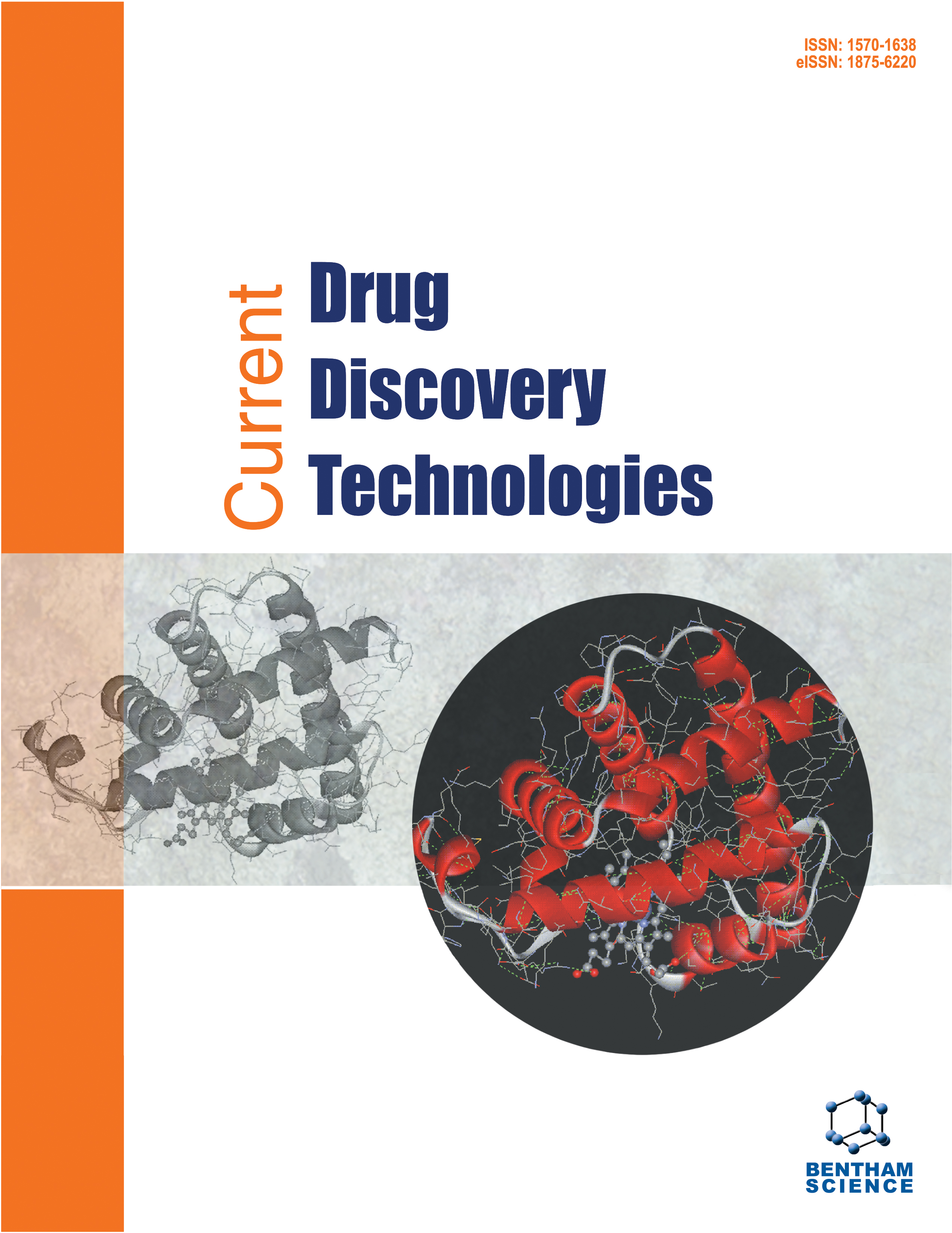-
oa Editorial [Hot Topic: New Anticoagulant Drugs: A Change of Paradigm? (Guest Editor: Antonio Gomez-Outes)]
- Source: Current Drug Discovery Technologies, Volume 9, Issue 2, Jun 2012, p. 81 - 82
-
- 01 Jun 2012
Abstract
Heparin and vitamin K antagonists (VKA) have been the mainstay of anticoagulant therapy for more than 60 years, thus representing true milestones in the improvement of patients care. Nevertheless, these drugs have several limitations, such as the need for parenteral administration (i.e. heparins), slow onset of action, a narrow therapeutic window, multiple drug interactions, genetic polymorphisms and need for anticoagulant monitoring (i.e. VKA). In recent years, new anticoagulant drugs have been developed with the aim of overcoming the limitations of traditional anticoagulants. New oral anticoagulants, like dabigatran, rivaroxaban and apixaban, have been recently licensed for the prophylaxis of venous thromboembolism (VTE) after hip or knee replacement in Europe and other countries. These new drugs also have the potential to replace warfarin for long-term anticoagulation. This special issue of Current Drug Discovery Technologies, for which I have the honour to be Guest Editor, includes seven review articles highlighting in detail some of important points relating to development of new anticoagulants from a historical, biopharmaceutical, methodological, clinical and future perspective....


